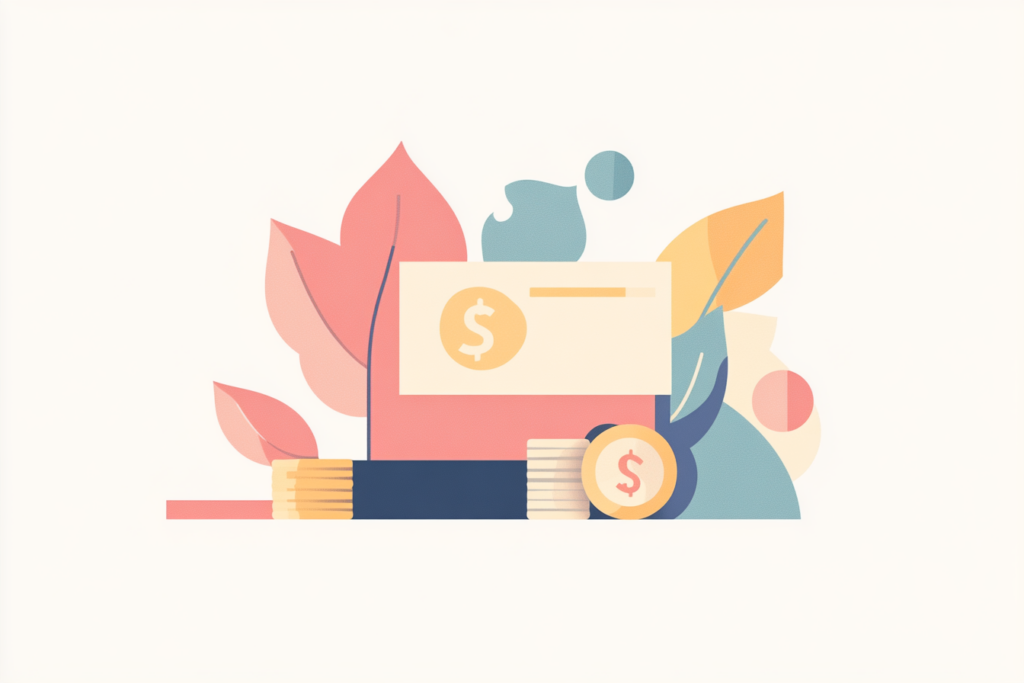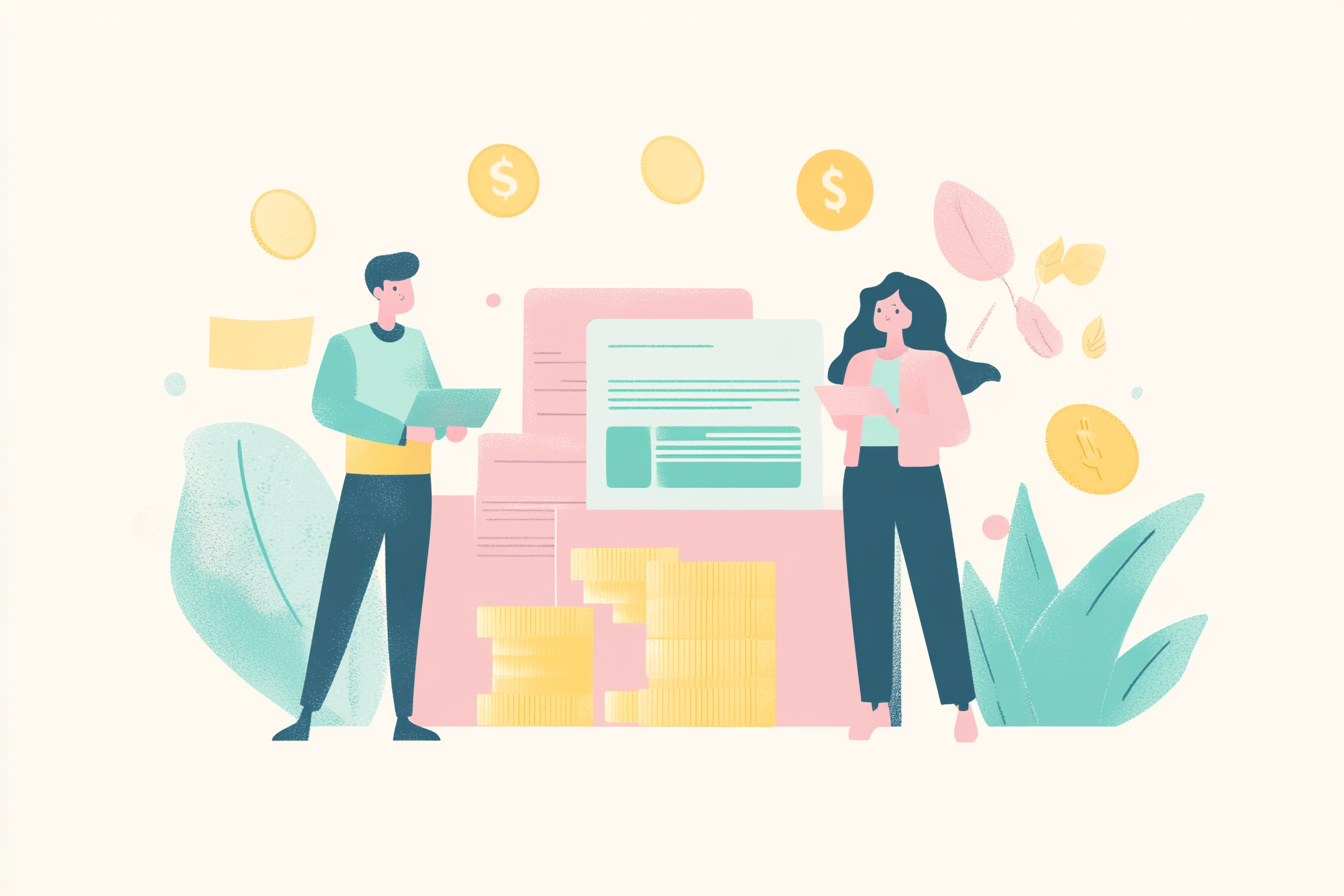When you run out of money before payday, making your payments on time is tough. You need a quick solution to keep your belly full and your lights on. Payday loans seem helpful, but they’re one of the most predatory financial products on the market. Learn more about the dangers of payday loans and discover how to fill in financial gaps without resorting to this type of borrowing.
What Is a Payday Loan?
A payday loan is known as a short-term loan for a small amount of money. Payday loans differ from standard personal loans because they have extremely high interest rates. Many states also have laws limiting the maximum face amount of a payday loan. For example, Louisiana limits each loan to $350, Alaska and Mississippi limit each loan to $500, and Delaware allows consumers to borrow up to $1,000.
Payday loans are intended to cover your immediate needs. If you’re trying to avoid a utility shutoff or pay a bill before it goes to collections, it may be worth using a payday loan to cover the expense.
What Are the Advantages of Payday Loans?

Despite their drawbacks, payday loans have a few advantages:
- Short loan terms: When you borrow money, you have to pay it back over a period of several weeks, months or years. This amount of time is known as the loan term. For example, if you take out a loan with a 24-month term, you have two years to repay the lender. The term of a payday loan usually lasts just 2 to 4 weeks, so you don’t have to worry about making monthly payments for 2, 5 or even 10 years.
- No credit check required: Many lenders require credit checks, making it difficult for consumers with low credit scores to qualify. If you need money immediately, applying for a payday loan can help you avoid credit-based denials.
- Flexibility: Payday lenders are governed by state law, so what’s applicable in one state doesn’t necessarily apply in another state. However, some states allow lenders to renew payday loans, giving borrowers a little more time to repay the funds. If you can’t repay your loan at the end of the original term, this extra flexibility can come in handy.
Top Dangers of Payday Loans
Short terms, no credit checks and extra flexibility make payday loans sound appealing. However, these loans come with some significant drawbacks. Here’s what you should know about the dangers of payday loans.
1. High Interest Rates
Lenders don’t just let you borrow money out of the goodness of their hearts. They do it to make money. Interest is what you pay for the privilege of taking out a loan. Most lenders charge interest based on the annual percentage rate (APR), which expresses the yearly cost of borrowing money.
As of May 2024, credit card interest rates averaged 22.76%. Personal loan rates vary according to the amount of money borrowed and the purpose of the loan. For example, it’s possible to get an auto loan with a single-digit APR, but the average rate for an unsecured personal loan exceeds 12% as of the first quarter of 2024. That may seem high, but payday loans have rates ranging from 175% to $664%.
2. Cycle of Debt
When allowed, payday lenders allow you to renew your loan, giving you extra time to pay back what you borrowed. On the surface, this sounds like a helpful feature. After all, if you don’t have enough money to repay the loan on your next payday, an extension can give you peace of mind.
However, loan extensions also make it easier to get into a cycle of debt. You take out a payday loan, have trouble paying it off, and extend the loan. If you can’t repay the loan after the first extension, the lender allows you to renew it a second time. In theory, you can repeat this process for years on end, making it almost impossible to escape the cycle.
3. Bank Account Access
Some payday lenders require you to give them access to your bank account. This supposedly makes it easier to repay your loan, but it also makes it more likely that you’ll end up overdrawing your bank account and owing even more fees.
Alternatives to Payday Loans
Payday loans should be a last resort if you can’t cover your expenses. However, there are a few alternatives to pursue.
- Personal loans: If you have a strong credit score and a steady and reliable income, you may qualify for a personal loan with much better terms.
- Family loans: No one likes to borrow money from family members, but if you need funds quickly, consider asking a parent, sibling or other family member for a small loan.
- Cash advances: If you have a credit card with some available credit, you may be able to take a cash advance. Issuers usually charge higher interest rates for cash advances than they do for standard transactions, but even those higher rates are much lower than what a payday lender would charge.
You might also be interested in: Mortgage Loan Officer: What They Are, What They Do, and Benefits







